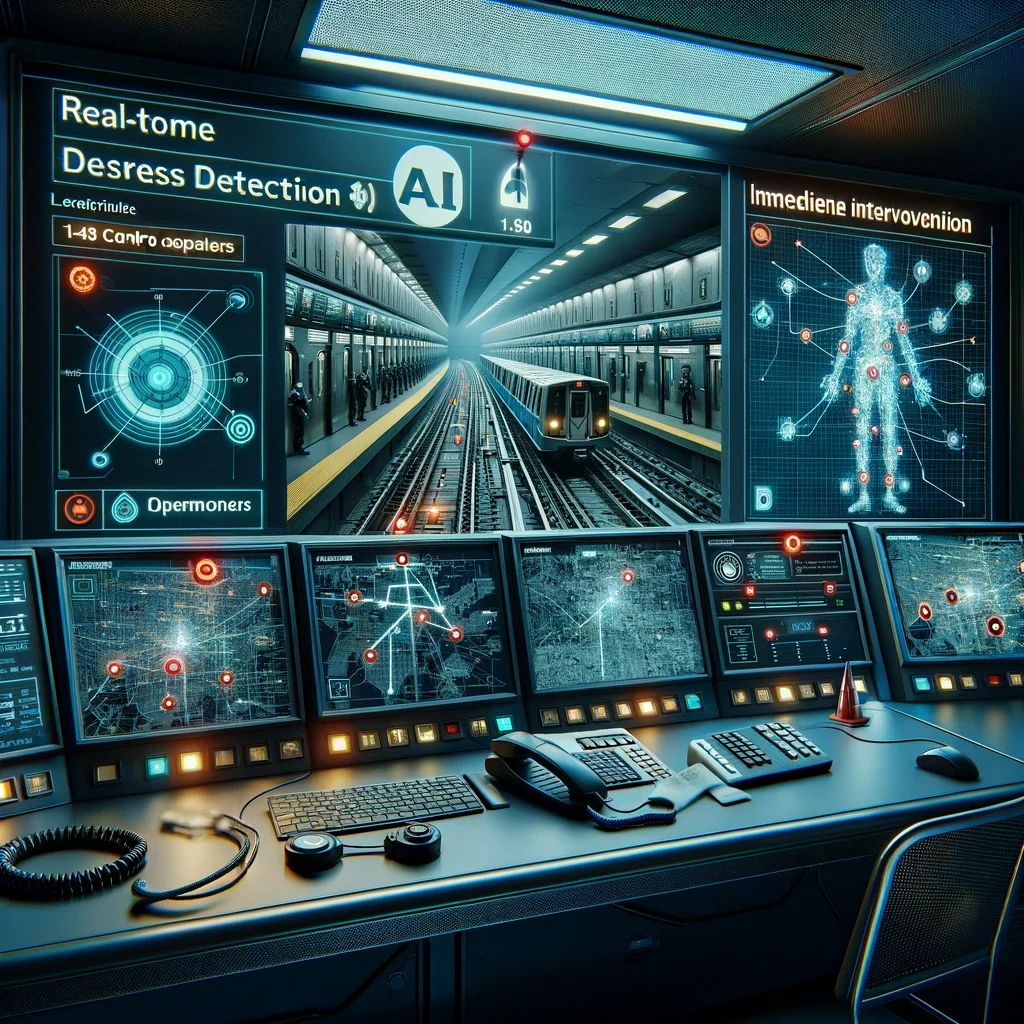In a recent experiment, Pastor Jay Cooper of Violet Crown City Church in Austin, Texas, ventured into uncharted territory by incorporating artificial intelligence (AI) into a church service. However, the results left him and his congregation feeling uncomfortable and convinced that AI lacks the necessary “spiritual empowerment” and human touch required for worship. Let’s delve into the details of this unique experiment and its outcomes.
A Curiosity-driven experiment
Pastor Cooper’s decision to introduce AI into his church service was not born out of convenience but curiosity. He aimed to educate his congregation about emerging technology and its potential implications for society. The experiment was twofold: to explore AI’s role in the church and to prepare his congregation for the ethical challenges AI may pose in the future.
The AI-generated worship service
On September 17, Pastor Cooper allowed AI software, ChatGPT, to compose an entire church service, from his sermon to the children’s message. The pastor posted a video of the AI service on his church’s website, inviting viewers to contemplate the meaning of the sacred and truth in an age where AI often blurs the lines between reality and fiction.
The AI prompt
The AI experiment began with a thought-provoking prompt: “How do Christians discern truth in a world where AI blurs truth?” The AI-generated sermon did acknowledge the central role of truth in Christianity, stating, “Truth is not an opinion; it is a person. So, Jesus is the truth.” However, this acknowledgment came with several shortcomings.
AI’s limitations
While ChatGPT did make interesting points, it couldn’t escape its limitations. Pastor Cooper noted that AI cannot cite sources and sometimes “hallucinates,” leading to potential truth distortion. Moreover, he felt that the AI-generated sermon lacked a crucial human element that congregants could connect with on a spiritual level.
The missing human element
As Pastor Cooper delivered the sermon, he realized that something was amiss. While the AI-generated content made interesting arguments, it lacked the human touch that communicates spiritual depth. He questioned whether it was “spirit empowered” and if people could truly connect with it.
The verdict: A one-time experiment
After the AI-assisted service, Pastor Cooper and his congregation were left with a clear consensus: they would not repeat this experiment. Many found the AI-generated service to be “boring” and devoid of the sacred and spiritual elements they cherish in their worship experiences. Pastor Cooper summarized their collective sentiment, stating, “This was a one-time deal. We will not be doing this again.”
Learning from the experiment:
Despite the experiment’s less-than-ideal outcome, Pastor Cooper emphasized that it was a valuable learning opportunity. He acknowledged that AI has its place in the world but questioned whether it can genuinely enhance the spiritual dimension of worship services. Cooper said, “How do we experience the sacred? So, is there any sacred at all in artificial intelligence? And that’s yet to be seen.”
Respect for scripture and sacred worship
One crucial aspect Pastor Cooper and his church considered was the need to maintain respect for Scripture and sacred worship. They were cautious not to make the sacred profane. While this experiment was an unorthodox departure from traditional church services, it was never their intention to disrespect the Holy Spirit or the sanctity of their worship.
Pastor Jay Cooper’s AI experiment in his Methodist church provided an intriguing glimpse into the intersection of technology and spirituality. While the use of AI in worship services may have potential applications, this particular experiment highlighted the importance of the human element and the challenge of maintaining the sacred in the age of artificial intelligence. As technology continues to advance, questions about its role in religious practices and ethical considerations are likely to persist, prompting further exploration and discussion within the faith community.






